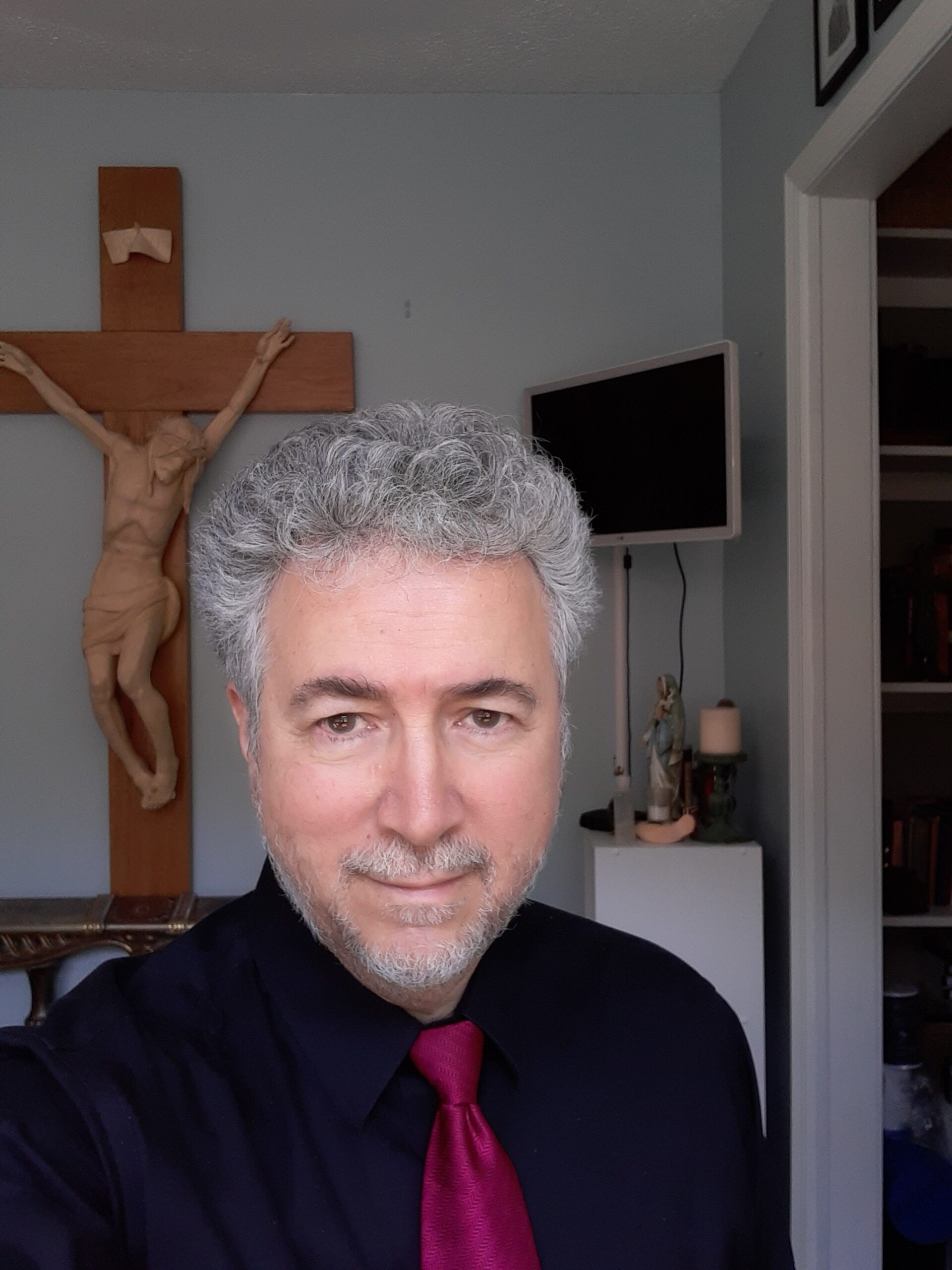The following two questions are related – the first was priority for premodern philosophy, the second is for modern philosophy:
- How should people behave?
- What behaviors should people be allowed to do?
The first question is ethical, or the science of self-governance. The second is political, i.e. the science of state governance. The first is much more important, and the second is dependent upon the first. Yet, how many talking heads today – in the media, academia, on facebook, or in person – discuss and debate politics but never ethics? Why is this? Why do people seem satisfied seeking answers to the more shallow questions? It seems very irrational.
In short, one reason is that modern man has lost confidence in reason, and now holds the false notion that ethics and morality are the sole domain of religious faith. And all matters of faith, they falsely hold, do not follow reason. The sad reality is that most people have bought into this falsehood and as a result do not debate or discuss morality. It has become “personal”, subjective, and private. This has dire consequences.
We have created an all-encompassing “right to privacy” while redefining ‘liberty’ as meaning the freedom from governmental interference rather than the freedom to do what one ought (the objective good). Most people have lost hope that a consensus is possible for people of different faiths, and believe we are left with arbitrary religious beliefs, personal desires, and the force of the law to keep the peace. This is at best a temporary fix.
As the great Peter Kreeft states, the principles of natural law are objective, universal, and known through human reason. While religious faith confirms and adds motivation for us to follow what is true and good, we have the innate ability through the use of clear and unbiased reason to know ourselves and the common behaviors that enable us to flourish.
Therefore, two truths follow from the gaping hole modernity has left in its social discourse between individual desire and government, and between church and state: 1) Because we stopped discussing ethics and virtue we have declined in decency, and have gradually lost sight of what it means to be human; and 2) We are ‘spinning our wheels’ and getting nowhere with all the political talk because we ignore its foundation: politics without ethics is like attempting to build a second floor without ever establishing the first. It can never be successful.
So let us reduce the shallow political chatter that is ubiquitous in modern times and focus on the more important topic of personal and social morality. Civil society will never be civil unless people of all faiths reason together to discern the objective truth of human nature and the objective goods that enable it to flourish – biologically, intellectually, familiarly, and socially. Government need not be involved when there is self-knowledge, personal discipline, and good old-fashion social pressure. Until this is reestablished, political talking heads will continue to lead us in spinning our wheels to nowhere.

